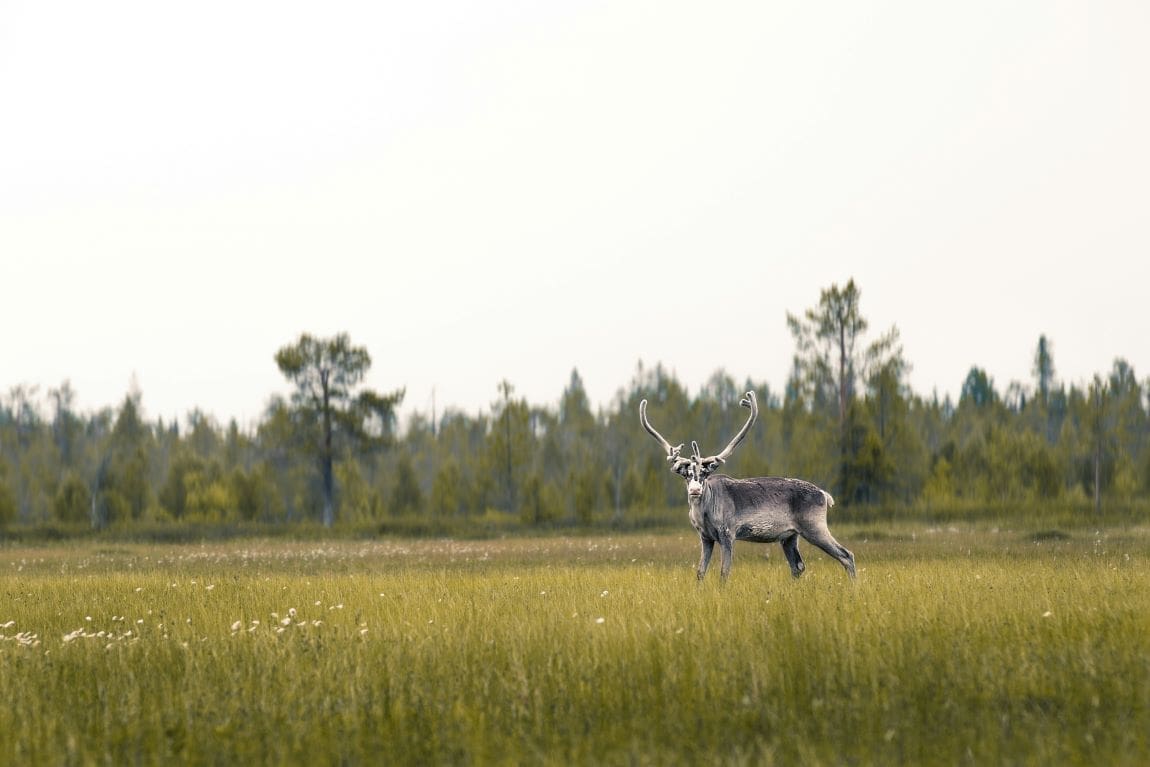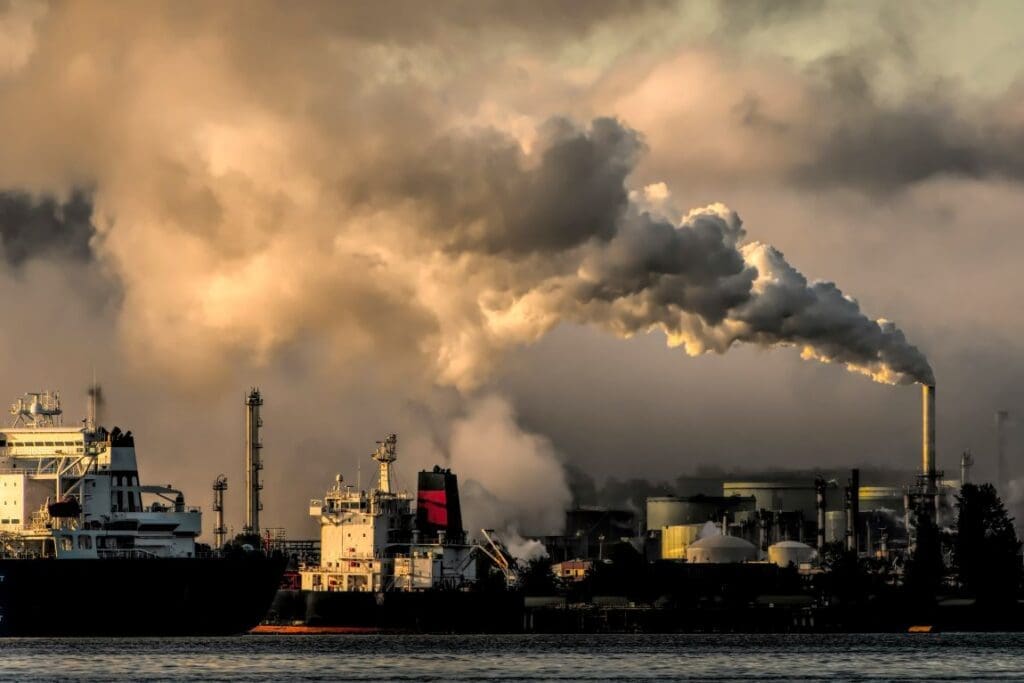Helsinki, Finland (AFP) – Finland’s far north Lapland region has been hit by its highest recorded summer temperatures, an expert at the nation’s Meteorological Institute told AFP Monday.
The Arctic has been warming almost four times faster than the rest of the world since 1979, according to Finnish and Norwegian researchers.
June, July and August saw record highs at nearly all weather stations in Finland’s most northern areas.
The heat was caused by a high pressure system combined with climate change, the institute said.
High temperatures contributed to droughts and extensive wildfires across the Scandinavian country.
“The summer in Lapland in Finland was clearly the warmest on record,” Mika Rantanen, a climate change researcher at Finland’s Meteorological Institute, told AFP.
The average temperature from June to August was 16.2 degrees Celsius (61 degrees Fahrenheit) for Finland as a whole, matching the record hot year of 1937.
In Sodankyla — a small town north of the Arctic Circle — the average temperature was 15.9 degrees Celsius — around 1.8 degrees Celsius warmer than what it would have been without the effects of climate change, according to the weather agency.
“Northern Norway, northern Sweden and even (the) Svalbard (archipelago) also had their warmest summer on record,” Rantanen added.
Also on Monday, Norway’s Meteorological Institute noted that the Svalbard archipelago had its hottest summer for the third year in a row.
The Norwegian weather agency also said that several weather stations had documented record temperatures in August, even beating previous records set in August a year earlier by two to three degrees Celsius.
The average temperature recorded at the airport of Longyearbyen, the main town in Svalbard, was 11 degrees Celsius in August.
That is five degrees Celsius above the norm.
The record high temperatures measured in Finland’s Lapland exceeded the averages recorded since the beginning of the 20th century by 2 to 3.5 degrees Celsius.
“The minimum temperatures were very high in Lapland… there were no cold spells at all,” Rantanen added.
Very warm summers of this kind were now approximately 70 times more likely to occur due to climate change than they were at the beginning of the 20th century, Finnish climate experts estimate.
“In the beginning of the 20th century the probability of such warm summers was once every 2,000 years. But in the current climate the likelihood is once every 25 years,” Rantanen said.
“If you extrapolate this into the future, it means that in the year 2050 these kind of warm summers will occur every five years,” he said.
ank/jll/jm
© Agence France-Presse
Featured image credit: Saad Chaudhry | Unsplash




